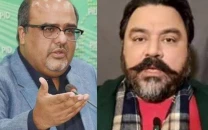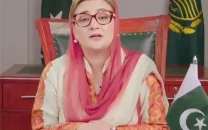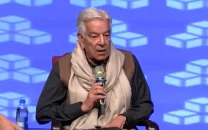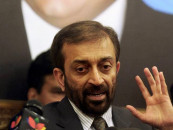Educating ourselves for a better Pakistan
Article 25-A of the Constitution states that 'The State shall provide free and compulsory education'

Article 25-A of the Constitution states that “The State shall provide free and compulsory education to all children of the age of five to sixteen years in such manner as may be determined by law.” Similarly, Article 26 (1) of the UN’s Universal Declaration of Human Rights reads: “Everyone has the right to education. Education shall be free, at least in the elementary and fundamental stages. Elementary education shall be compulsory.”
In practice, however, we see that education in our country is not a right, but a privilege.
In Pakistan, anyone who can read a newspaper and can write a letter is deemed ‘literate’. But can such a person be expected to be able to propel the country on the route of development?
We don’t have enough schools, particularly in rural areas. The majority of schools that do exist, are such that they do not meet basic international standards of quality education. This is true especially of government schools.
There is a sea of difference between government and private-sector schools. English and Urdu medium schools, along with the British schooling system, only enhance the class divide.
I was shocked when a colleague who reports on education told me that all 46 students of a class failed their intermediate exam in a government school in his village. The story did not end there. The school was running without a principal and nobody in the education ministry had time to hire staff for the institution. In fact, the school had been utilising its repair funds to hire staff.
With such schools, what kind of future can we expect?
My colleague added that in his village there was no school for girls and the school for boys was miles away.
In my own village and in the villages nearby, the situation is no different. There are either no schools and the ones that do exist in name, are hardly functional.
As always, before the 2013 elections, I can remember politicians making promises of enforcing education emergencies and sending children to schools. However, since 2013 to this day, neither can an education emergency be seen nor have the children in the streets been sent to schools.
If this negligence continues, the dream of becoming a progressive nation with prospects will remain just that — a mere dream.
Published in The Express Tribune, August 16th, 2016.



















COMMENTS
Comments are moderated and generally will be posted if they are on-topic and not abusive.
For more information, please see our Comments FAQ